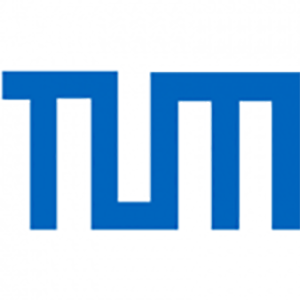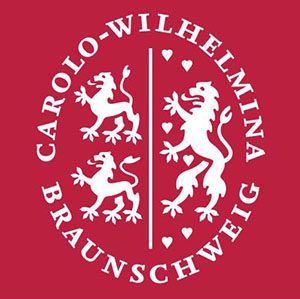The Information Processing Factory (IPF) project
IPF aims to show how self-awareness can be achieved across multiple abstraction levels, and discuss new research challenges.
It represents a paradigm shift in platform design by envisioning the move towards a consequent platform-centric design in which the combination of self-organizing learning and formal reactive methods guarantee the applicability of such cyber-physical systems in safety-critical and high-availability applications.
IPF project is an international collaboration among the following universities:

University of California, Irvine
Software AND VERIFICATION

Technische Universität München
Hardware

Technische Universität Braunschweig
Safety
Principal Investigators :
Nikil Dutt
Fadi Kurdahi
Principal Investigators :
Andreas Herkersdorf
Principal Investigators :
Rolf Ernst
Wolfgang Hillen Summer School 2022
July 18 – July 22, 2022
The Wolfgang Hillen Summer School by UCI and TUM wants to share the finding of IPF in an interactive and practical manner with three goals in mind:
Since IPF includes novel concepts with specific models for concrete problems, they will be formally described so that participants clearly understand the research questions and how they are tackled. This is given in the form of a lecture series.
Capitalizing on the multi-disciplinary background of the different research groups (electrical engineering, computer science, and mathematics), the Summer School offers different points of view on how approaches from different research areas are used in IPF and how their synergy contributes to the project’s success. This is given in the form of seminar talks.
With the obtained results in IPF, the summer school gives the opportunity to participants to get hands-on experience with different techniques that enable self-X features on embedded systems. This is achieved in workshops, where participates tackle micro research topics with a clear goal in mind.
We are inviting master and PhD students from various degree programs to submit their application. Submission Deadline: March 11, 2022
Innovation
The key methodological innovation is a new approach to control platform dynamics at runtime by combining selforganizing machine learning techniques with formal reactive control methods providing platform worst-case real-time and safety guarantees, as embodied in our IPF paradigm, instead of using a single, static, operating point determined at design time. The authors are involved in parallel projects targeting self-aware vehicles for autonomous driving which will provide use cases for IPF research.
Why Factory ?
We use the metaphor of an Information Processing Factory (IPF) to draw similarities between microelectronics systems and factories as follows: in a factory, all the components must adapt to the current workload. This includes logistics of supplies such as material, energy, water and waste, the manufacturing equipment, the transport, the control and infrastructure (such as heating, air-conditioning, illumination). This adaptation cannot be done offline and must instead be done in real time without interrupting the baseline operations.
Future microelectronic systems (e.g., MPSoCs) should operate in a similar manner. Parallel to the baseline operation of the system, a platform operation layer (POL) is continuously monitoring and controlling the performance and health status of the system. This layer monitors the system using a network of on-chip infrastructure that senses cross-layer metrics such as temperature, aging, energy, performance, reliability, and security and accordingly orchestrates the operations of different system components such as application, storage, I/O and even non-electronic functions (e.g. micromechanics, microfluidics, etc.).
This IPF analogy implies that clusters of componentspecific, uncorrelated control occurrences are unable to cope with the complexity coordinating the operations of large scale systems with multi-criteria objective functions. Similarly, a centralized controller model is also inadequate in this case because it cannot scale. Our goal is to demonstrate that a hybrid hierarchical approach, sporting as much modularity as possible and as much centralized as necessary, is a much more effective means of achieving the desired goal while maintaining cost efficiency, low overhead, and scalability

